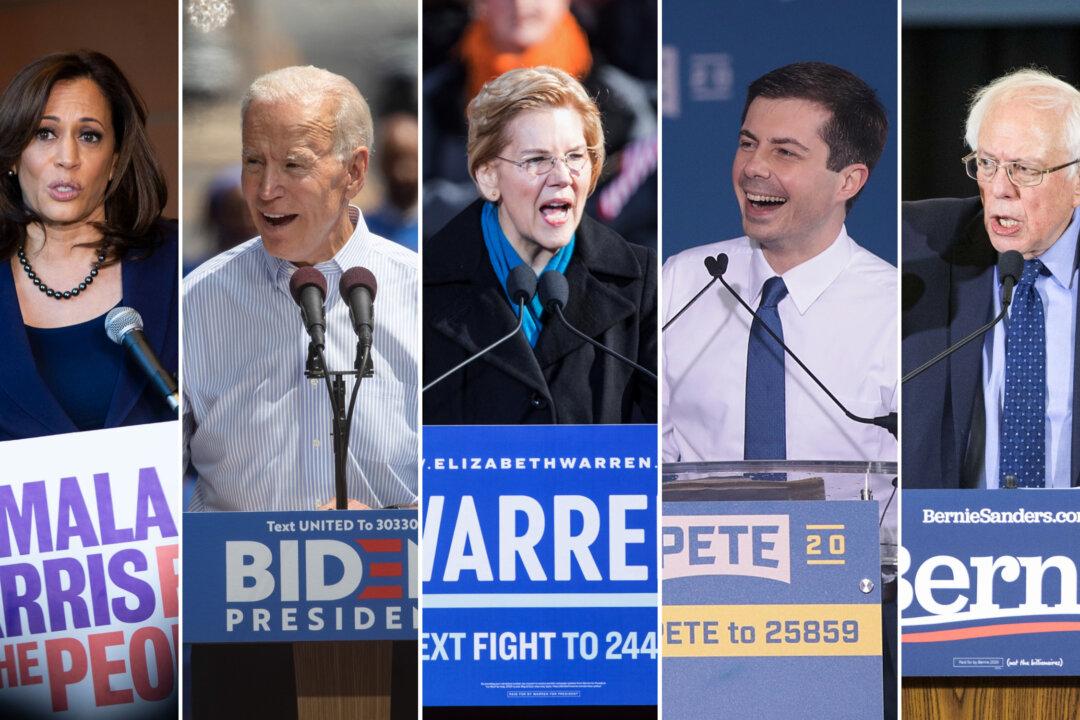Commentary
Many people have speculated that the main reason why congressional Democrats have focused so much on impeaching President Donald Trump is because of their utter dislike of the president and his policies.


Many people have speculated that the main reason why congressional Democrats have focused so much on impeaching President Donald Trump is because of their utter dislike of the president and his policies.